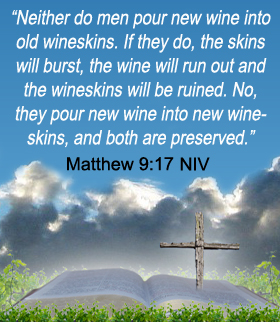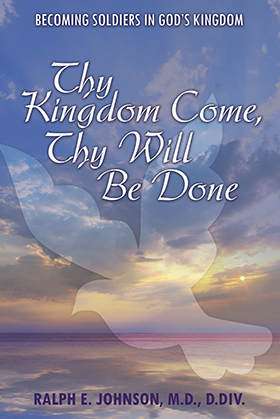“A righteous man may fall seven times and rise again, but the wicked shall fall by calamity” (Prov 24:16). This proverb is frequently misunderstood if not abused as providing excuse for deliberately ungodly behavior. To begin with, it refers to a “righteous” man who finds himself stumbling in spite of an effort to obey the decrees of God. This does not provide an excuse for willful disobedience against the law and commandments. Indeed, review of the sacrifices to be offered under the law make it clear that sin offerings are available only for transgressions which are not intentional (e.g., Leviticus 4: 2, 13, 22,27).. In contrast, those deliberate sins such as adultery, homosexuality, or cursing parents carried out in a willful manner were dealt with by death of the transgressors (20:9,10,13). All persons without any exception were understood to have fallen short of God’s will under the law and so it is that atonement was made available on a temporary basis through a sacrificial system until such time as Jesus would shed His blood in a once-for-all-time sacrifice for sin. So the “wicked” in this proverb refers to those not having a heart devoted to righteous living, as imperfect as such might be. In contrast, the righteous not only fall from the way of holiness but also fall under conviction by work of the Holy Spirit under the new covenant. And once under conviction, the latter repent, seek forgiveness by confessing their sins, and submit to the sanctifying work of the Spirit so as to be purified from all unrighteousness (1 John 1:9).
Exciting New Book!
Thy Kingdom Come, Thy Will Be Done
Available For Immediate Shipping At:
Amazon Bookstore
Barnes & Noble Bookstore


